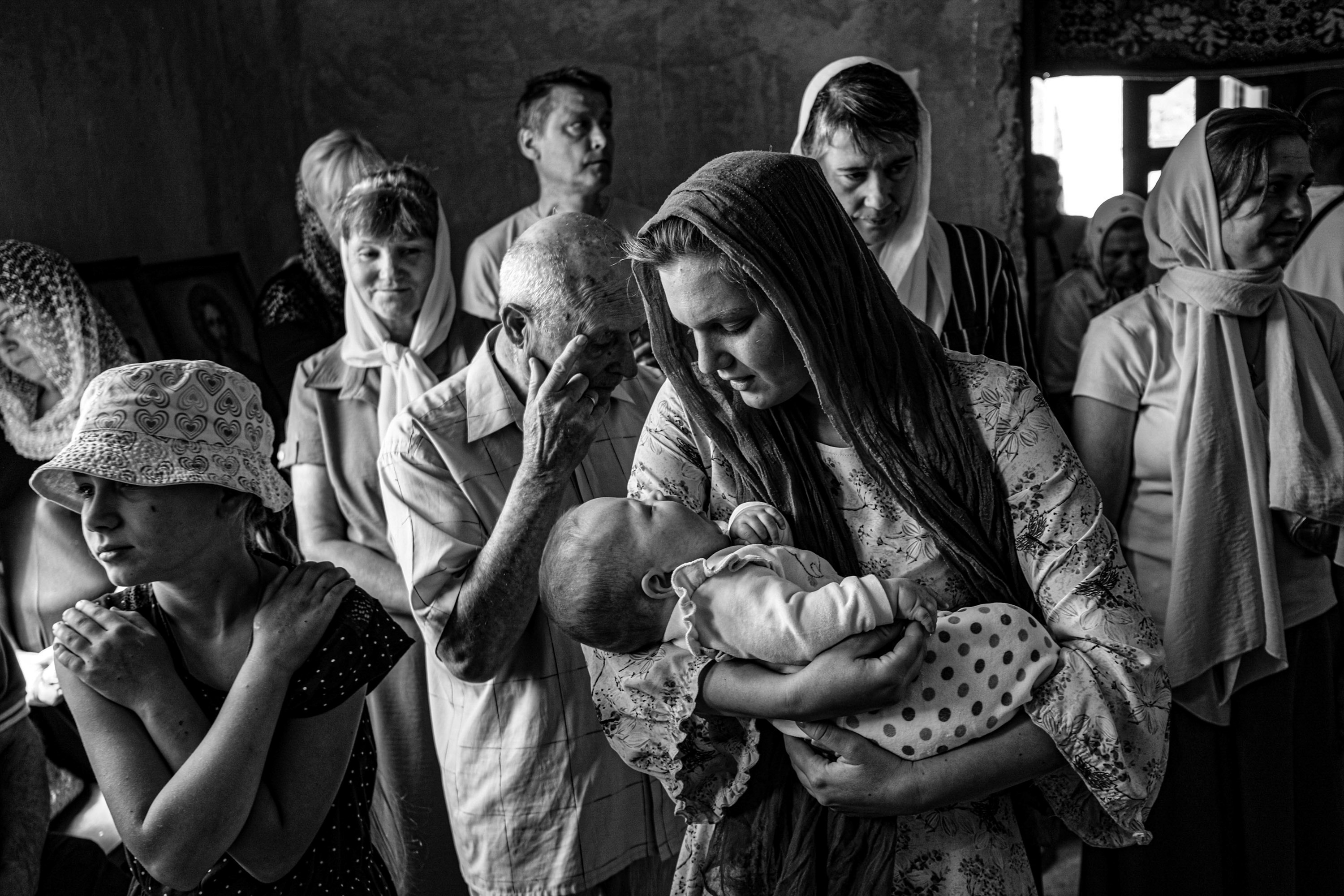
4 minute read
From Our President
Image: Byron Smith from the project Testament ‘22
Documentary Photography Awards 2023
Simon Hill HonFRPS - President Royal Photographic Society
It is only two years since I wrote an introduction to the RPS Documentary Photographer of the Year Awards 2021. In that brief time we have experienced the emergence of a technology that is blurring the line between reality and fiction. As Artificial Intelligence (AI) explodes pervasively into almost every aspect of life and society, it has at pace become an existential threat to the authenticity and credibility that defines the documentary genre.
At one extreme of the spectrum, AI has the ability to subtly alter aspects of reality yet, at the other extreme, particularly when in the hands of ‘bad actors’ who have no respect for the truth of journalistic and documentary story-telling, it has the ability to generate images (not photographs) depicting a completely false ‘alternative reality’ that masquerades under the long-established legitimacy of the documentary genre.
As the veracity of documentary-style images becomes questioned, eroding the very foundation of truth in storytelling, the potential consequences for society are profound.
Documentary photographs in their truest and purest form capture unembellished moments frozen in time. They are a testament to reality, unfiltered and unadulterated, serving as historical records bearing witness to events, cultures, and social issues.
In the early 1980s, at a time when I was devouring a college textbook, Pictures on a Page by Sir Harold Evans (1928-2020) - for fourteen years the Editor of The Sunday Times and the 1980 recipient of the RPS Hood Medal - the multi award-winning CBS television drama series Lou Grant was airing in the UK on Channel 4. The series told the story of the fictitious newspaper, the Los Angeles Tribune and, through its storylines, it provided a serious examination of ethical questions in journalism and argued in support of the principles of journalistic storytelling. In one episode, Lou Grant - the Tribune’s City Editor, played by Ed Asner (19292021) - made an impassioned statement on the purpose of the newspaper:
“… this newspaper informs, it alerts, it helps fashion public opinion, it acts as a guide for politics, for the environment, the arts, all aspects of society.”
Although a work of fiction, hearing this statement at the same time I was reading Evans’ Pictures on a Page, it had a lasting effect on my approach to editorial and documentary photography that I would carry with me into my post-college professional practice. I would argue vehemently that, with the rapid growth in the threat of AI to the authenticity of visual journalism and the documentary photograph, this sentiment rings truer for me today than it did over forty years ago.
More than ever before in the almost two centuries of the history of photography, the ambition and principles of the documentary genre must stand firm as the pillar of truth in visual storytelling. With the importance of an authentic, unaltered, truthful, and entirely visual narrative medium now of such crucial importance to society, never has there been a time of greater importance and relevance for the work of the RPS Documentary Group.
The committee and the members of the Group are international standard bearers of the genre and the Documentary Photography Awards 2024 should be seen as a beacon that lights the path to ensuring the genre and the practice of documentary photography remain true to their foundation ideals.
On behalf of the RPS Board of Trustees, I would like to thank Dr Mark Phillips FRPS and the entire RPS Documentary Group committee and membership for their unwavering commitment to truth and authenticity, ensuring that documentary photography remains an indispensable cornerstone in preserving our collective visual history and shaping a more informed and empathetic future.










